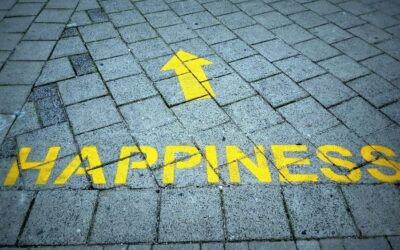You’ve probably spent countless moments calming your children’s tantrums or helping them navigate big feelings. Maybe you’ve tried to distract them with their favorite toy or walked them through counting to ten. It’s natural to focus on teaching them to manage their emotions, but here’s the thing: it all starts with us. The way we handle our own feelings is the blueprint for how they’ll learn to handle theirs.
A meta-analysis published in The International Journal of Behavioral Development looked at 53 studies and found that parents with strong emotional regulation skills are more likely to engage in positive parenting behaviors. These positive parenting behaviors not only help children develop healthier emotional regulation but also protect them from struggles like anxiety or mood swings. When we as parents manage our own emotions, it creates the emotional foundation for our kids to thrive.
A study looking at the COVID-19 lockdown found something similar. Researchers found that when parents felt confident handling their own emotional responses (even in the chaos of the pandemic), it had a positive effect on their kids’ emotional well-being. It’s a clear example of how our emotional self-regulation creates a ripple effect in our children’s lives. And it doesn’t stop at emotions. Another study found that parents help their kids regulate things like eating habits through similar strategies, such as modeling and offering guidance. The bottom line? When we take care of our own emotional well-being, we equip our kids with the tools to develop better impulse control, emotional regulation, and even better physical health outcomes.
When we get a handle on our own emotions, it helps our kids handle theirs better too. Ready to up your game? Dive into the activities in Emotional Balance and watch the positive ripple effects in your family!



